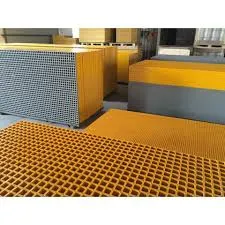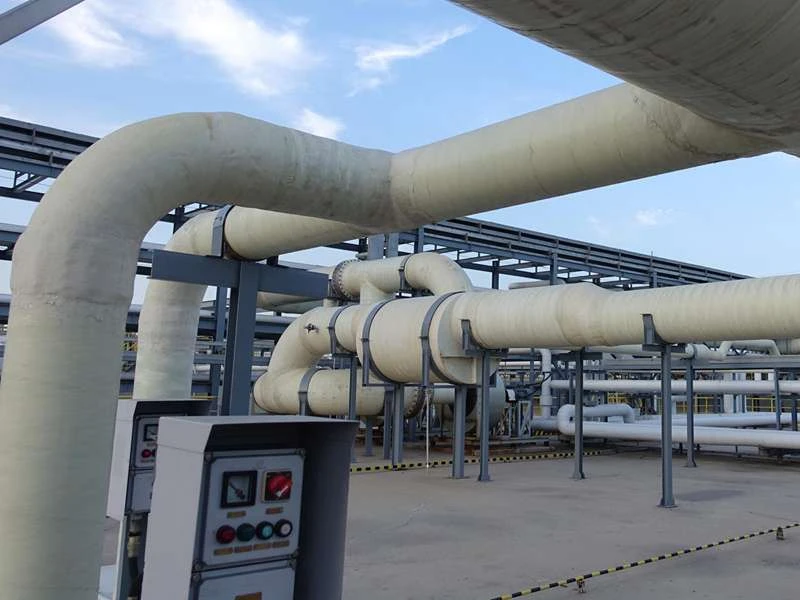
-
 Afrikaans
Afrikaans -
 Albanian
Albanian -
 Amharic
Amharic -
 Arabic
Arabic -
 Armenian
Armenian -
 Azerbaijani
Azerbaijani -
 Basque
Basque -
 Belarusian
Belarusian -
 Bengali
Bengali -
 Bosnian
Bosnian -
 Bulgarian
Bulgarian -
 Catalan
Catalan -
 Cebuano
Cebuano -
 China
China -
 China (Taiwan)
China (Taiwan) -
 Corsican
Corsican -
 Croatian
Croatian -
 Czech
Czech -
 Danish
Danish -
 Dutch
Dutch -
 English
English -
 Esperanto
Esperanto -
 Estonian
Estonian -
 Finnish
Finnish -
 French
French -
 Frisian
Frisian -
 Galician
Galician -
 Georgian
Georgian -
 German
German -
 Greek
Greek -
 Gujarati
Gujarati -
 Haitian Creole
Haitian Creole -
 hausa
hausa -
 hawaiian
hawaiian -
 Hebrew
Hebrew -
 Hindi
Hindi -
 Miao
Miao -
 Hungarian
Hungarian -
 Icelandic
Icelandic -
 igbo
igbo -
 Indonesian
Indonesian -
 irish
irish -
 Italian
Italian -
 Japanese
Japanese -
 Javanese
Javanese -
 Kannada
Kannada -
 kazakh
kazakh -
 Khmer
Khmer -
 Rwandese
Rwandese -
 Korean
Korean -
 Kurdish
Kurdish -
 Kyrgyz
Kyrgyz -
 Lao
Lao -
 Latin
Latin -
 Latvian
Latvian -
 Lithuanian
Lithuanian -
 Luxembourgish
Luxembourgish -
 Macedonian
Macedonian -
 Malgashi
Malgashi -
 Malay
Malay -
 Malayalam
Malayalam -
 Maltese
Maltese -
 Maori
Maori -
 Marathi
Marathi -
 Mongolian
Mongolian -
 Myanmar
Myanmar -
 Nepali
Nepali -
 Norwegian
Norwegian -
 Norwegian
Norwegian -
 Occitan
Occitan -
 Pashto
Pashto -
 Persian
Persian -
 Polish
Polish -
 Portuguese
Portuguese -
 Punjabi
Punjabi -
 Romanian
Romanian -
 Russian
Russian -
 Samoan
Samoan -
 Scottish Gaelic
Scottish Gaelic -
 Serbian
Serbian -
 Sesotho
Sesotho -
 Shona
Shona -
 Sindhi
Sindhi -
 Sinhala
Sinhala -
 Slovak
Slovak -
 Slovenian
Slovenian -
 Somali
Somali -
 Spanish
Spanish -
 Sundanese
Sundanese -
 Swahili
Swahili -
 Swedish
Swedish -
 Tagalog
Tagalog -
 Tajik
Tajik -
 Tamil
Tamil -
 Tatar
Tatar -
 Telugu
Telugu -
 Thai
Thai -
 Turkish
Turkish -
 Turkmen
Turkmen -
 Ukrainian
Ukrainian -
 Urdu
Urdu -
 Uighur
Uighur -
 Uzbek
Uzbek -
 Vietnamese
Vietnamese -
 Welsh
Welsh -
 Bantu
Bantu -
 Yiddish
Yiddish -
 Yoruba
Yoruba -
 Zulu
Zulu
Jan . 31, 2025 05:06
Back to list
Gratings & Covers
Fiberglass storage tanks have become an essential component in various industries, offering an excellent solution for storing both liquids and gases. The robustness and versatility of fiberglass make these storage tanks an attractive option for businesses looking to optimize storage while ensuring safety and compliance with environmental standards.
In terms of compliance and regulatory considerations, fiberglass storage tanks adhere to stringent industry standards. Regulatory bodies often require compliance with specific codes related to quality, safety, and environmental protection. Fiberglass storage tanks typically meet or exceed these requirements, ensuring that businesses can avoid legal penalties and continue operations without interruptions. The versatility of fiberglass storage tanks is enhanced by their availability in standard designs or customized configurations. Depending on the needs of the industry—whether it's wastewater treatment, oil and gas, or agricultural storage—fiberglass tanks can be tailored with specific fittings, coatings, and features like manways or level indicators to enhance their functionality. When considering cost-effectiveness, fiberglass storage tanks stand out as a financially prudent choice. While the upfront cost may be comparable to or slightly higher than other materials, the long-term savings on maintenance, replacement, and downtime make fiberglass tanks a more economical option. In industries where asset performance and lifecycle costs are critical factors, this benefit cannot be overstated. Real-world application of fiberglass storage tanks further illustrates their efficacy. Numerous case studies highlight businesses that have successfully integrated fiberglass tanks into their operations, resulting in improved storage solutions and operational efficiencies. Reports of reduced maintenance issues and extended service life underscore the reliability of fiberglass tanks in demanding environments. Expert insights into fiberglass storage tanks emphasize the continuous advancements in material science that enhance the performance of these tanks. Innovations in resin formulations and production techniques continue to expand their capabilities, offering even greater resistance to harsh environmental and chemical exposure. Fiberglass storage tanks offer an unparalleled combination of durability, customization, and safety features, making them a standout choice for modern storage needs. Industries across the globe trust these tanks to store critical materials safely and efficiently, backed by a proven track record of performance and reliability. As technology and environmental consciousness progress, fiberglass storage tanks are poised to play an increasingly vital role in supporting sustainable industrial growth.


In terms of compliance and regulatory considerations, fiberglass storage tanks adhere to stringent industry standards. Regulatory bodies often require compliance with specific codes related to quality, safety, and environmental protection. Fiberglass storage tanks typically meet or exceed these requirements, ensuring that businesses can avoid legal penalties and continue operations without interruptions. The versatility of fiberglass storage tanks is enhanced by their availability in standard designs or customized configurations. Depending on the needs of the industry—whether it's wastewater treatment, oil and gas, or agricultural storage—fiberglass tanks can be tailored with specific fittings, coatings, and features like manways or level indicators to enhance their functionality. When considering cost-effectiveness, fiberglass storage tanks stand out as a financially prudent choice. While the upfront cost may be comparable to or slightly higher than other materials, the long-term savings on maintenance, replacement, and downtime make fiberglass tanks a more economical option. In industries where asset performance and lifecycle costs are critical factors, this benefit cannot be overstated. Real-world application of fiberglass storage tanks further illustrates their efficacy. Numerous case studies highlight businesses that have successfully integrated fiberglass tanks into their operations, resulting in improved storage solutions and operational efficiencies. Reports of reduced maintenance issues and extended service life underscore the reliability of fiberglass tanks in demanding environments. Expert insights into fiberglass storage tanks emphasize the continuous advancements in material science that enhance the performance of these tanks. Innovations in resin formulations and production techniques continue to expand their capabilities, offering even greater resistance to harsh environmental and chemical exposure. Fiberglass storage tanks offer an unparalleled combination of durability, customization, and safety features, making them a standout choice for modern storage needs. Industries across the globe trust these tanks to store critical materials safely and efficiently, backed by a proven track record of performance and reliability. As technology and environmental consciousness progress, fiberglass storage tanks are poised to play an increasingly vital role in supporting sustainable industrial growth.
Related Products









